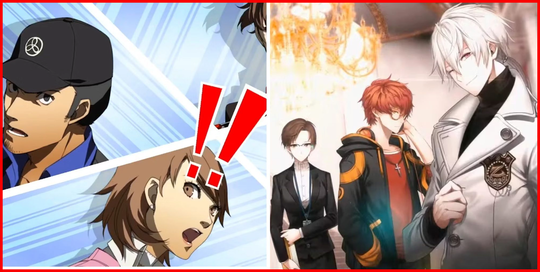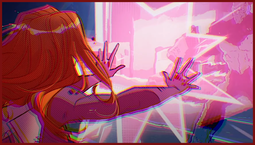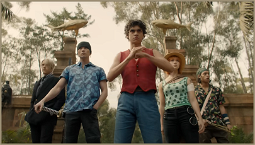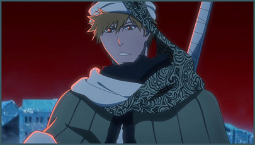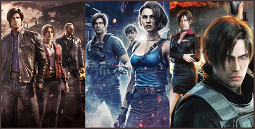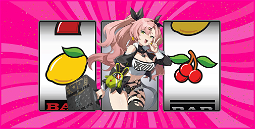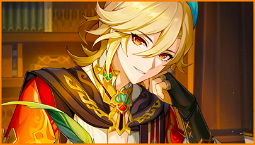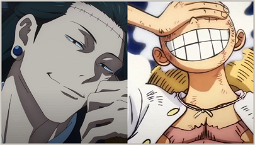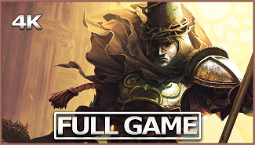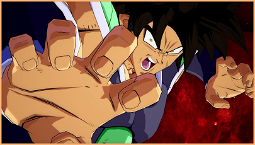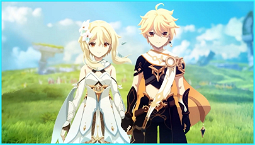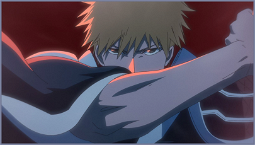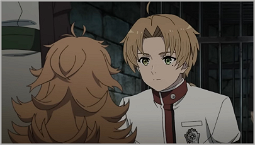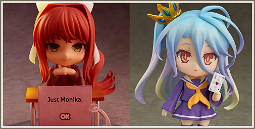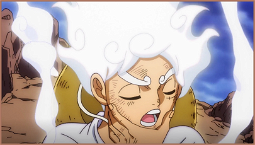Visual Novel Tropes That Make No Sense
What are some Visual Novel tropes that make no sense? There are a handful of popular choices in the genre that don’t quite add up. Some are minor enough that you might not have noticed them, but others are glaring enough that they can make some games feel repetitive and even unoriginal.
We’ve put together a list of visual novel tropes that don’t quite make sense, and some suggestions on how to tweak them for better Storytelling. There are some great visual novels out there, but it’s true that overused tropes can make them feel repetitive and unoriginal. Here are ten visual novel tropes that need serious tweaks.
No Real Consequences to Your Choices
The most obvious example is the no real consequences to your choices trope. Choices in visual novels often lack real consequences, and while this is mainly due to the limits of game design, it can be frustrating for players when they’re met with the same outcomes regardless of their decisions. While some games don’t even hint at the existence of real choices, others promise that your decisions will change the outcome of the story, but fail to deliver.
Characters Dying Despite the Illusion of Saving Them
Another bizarre visual novel trend is the notion that characters can die despite the illusion of being able to save them. If a character is about to be run over by a car, you’d expect that you could push them out of the way (or at least call for medical assistance), but in many games, that doesn’t occur to you and the character is killed anyway. This is usually accompanied by the player being treated to a melodramatic death scene that is meant to be emotionally moving. It often isn’t.
Unrealistic Portrayal of Morally Perfect and Attractive Characters
Then, there are the unrealistic portrayal of morally perfect and attractive characters. Perhaps this is to make up for the lack of choice in who you date, but it often seems as though every character in the game is some kind of model or celebrity, even if they are supposed to be ordinary students. This often leads to couples that look like they’ve been transported straight from a J-pop music video, which is jarring given the context.
Limited Options for Same-Sex Romance
Another trope that is overused is the idea that there are limited options for same-sex romance. While some visual novels are marketed as games for women and therefore cater for the idea that women are less interested in gay relationships, this is discriminatory, and the truth is that many male players would like to experience gay romance in games, too.
Main Characters Relying Heavily on Overpowered Cast Members
Another problem is that main characters often rely heavily on other overpowered cast members. It’s one thing to introduce a character who is better at combat or more useful in solving puzzles, but it’s another to make the protagonist rely on them so heavily that they’d be lost without them. That isn’t how it works in the real world, and it isn’t how it works in games, either.
Main Characters Being Terrible Patients
Another frustrating trope is the idea that the main character is a terrible patient. You’d think that if you were the person with a serious illness or injury, you’d be willing to do anything to get better, but that doesn’t often seem to be the case in visual novels. Main characters frequently refuse to take the treatments and pills that will save their lives, and instead wallow in self-pity, which is frustrating for the player, who is powerless to change the outcome.
Love as a Redemption Arc for Characters’ Crimes
Love is another trope that is frequently used as a redemption arc for characters’ crimes. If a character has perpetrated a violent crime, but then falls in love with the victim, you’d think that would be enough to convince them of the error of their ways. Alas, no, instead, they’re still as likely to kill again as anyone else.
Power Dynamics Favouring Antagonists
Another trope that is frequently used is the idea that the antagonists have a power dynamic that favors them over the protagonists. Often, the reason the main character is stuck in some kind of abusive relationship is because they are weak and powerless, which is supposed to be part of their growth arc. But it would be better if they were in the abusive relationship because they were weak, and then they could get out of it by becoming strong. It would be a more realistic portrayal of abusive relationships, and it would be more empowering for the player.
Main Characters Frequently Saved by Deus Ex Machina Moments
Another trope that is frequently used is the idea that the main characters are frequently saved by deus ex machina moments. This can be more frustrating than other tropes because it’s often done as a joke, but it’s so overdone that it’s no longer funny.
